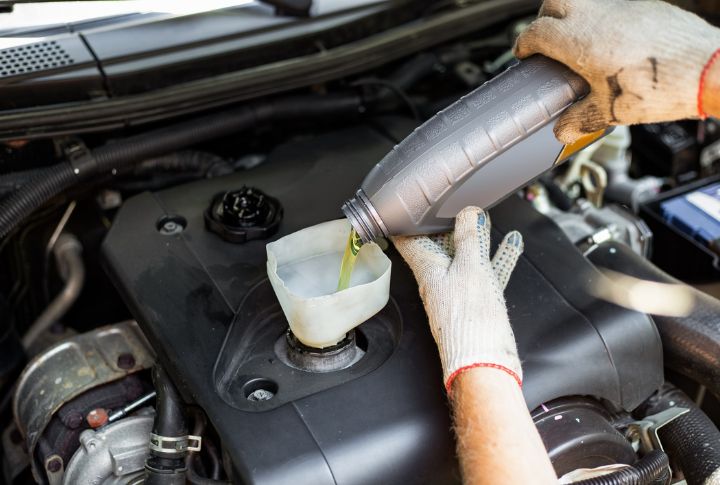
Selecting a good quality motor oil for your vehicle is key to optimal performance and longevity. However, not all motor oils are created equal, and some can even be detrimental to your engine’s health. In this article, we’ll explore the types of motor oils you should avoid and why. We will also provide recommendations for better alternatives that can protect your engine, enhance its performance, and save you money on maintenance and repairs in the long run.
Avoid: Conventional Motor Oils with Low Additive Levels

When additives are insufficient, power trains can be costly to repair. These oils may not protect against wear and tear, especially in high-performance or older models.
Alternative: Synthetic Motor Oils

Synthetic oils provide superior lubrication and stability, which reduces friction and increases machines’ longevity. Due to their advanced formulation, they enable smoother operation and better energy efficiency, thus saving money in the long run.
Avoid: Motor Oils with High Viscosity

Thick oils can struggle to flow correctly in cold temperatures, increasing degradation during startup. This can result in terrible fuel economy, degraded delivery, and faster dilapidation.
Alternative: Multi-Grade Motor Oils

Multi-grade oils offer consistent protection to engines at any temperature. They can be used all year round and provide superior engine protection in extreme hot or cold conditions.
Avoid: Motor Oils with High Levels of Contaminants

Contaminants like dirt and debris can accelerate wear and cause clogs in oil passages. Over time, this can degrade efficacy and lead to potential mechanical failures.
Alternative: High-Quality Motor Oils with Superior Filtration

Look for oils with advanced filtration systems to keep contaminants at bay and maintain power train cleanliness. Investing in high-quality products with better filtration capabilities is essential for prolonging your device’s lifespan and minimizing maintenance costs.
Avoid: Motor Oils with Limited Compatibility

It is essential to use the right oil for your engine type and vehicle model to avoid efficacy issues or damage, increase emissions, and void a warranty.
Alternative: OEM-Approved Motor Oils

Stick to oils your vehicle manufacturer recommends to confirm compatibility and optimal performance. Such oils are rigorously tested and formulated to meet your machine’s specific requirements, providing better shielding and delivery.
Avoid: Motor Oils with Low Detergent Levels

Inadequate detergent levels can lead to sludge buildup and engine deposits, which can compromise work rate and efficiency. Over time, the deposits can restrict oil flow and cause premature wear and failure of the engine.
Alternative: High-Detergent Motor Oils

Consider choosing oils with enhanced detergent properties to maintain your engine’s cleanliness and smooth operation. They are specifically designed to prevent the accumulation of sludge and deposits, guaranteeing the best performance and durability.
Avoid: Motor Oils with Poor Oxidation Stability

Oils that degrade quickly under high temperatures can increase oil consumption and overheat, which can decrease work rate, energy efficiency, and potential mechanical damage.
Alternative: Motor Oils with Enhanced Oxidation Resistance

Choose oils designed to withstand high temperatures and resist oxidation for long-lasting delivery. Unlike their counterparts, they are able to maintain their viscosity and lubricating properties even under the most demanding conditions, ensuring optimal engine protection and delivery.
Avoid: Motor Oils with Limited Mileage Coverage

Some oils require more frequent changes, which can increase maintenance costs and inconveniences. This can be especially problematic for drivers with busy schedules or limited access to service facilities.
Alternative: Extended Mileage Motor Oils

Consider oils formulated for extended drain intervals to reduce maintenance frequency and save time and money. These oils are specially engineered to provide long-lasting engine defense, allowing you to go further between oil changes without sacrificing work rate or reliability.
Avoid: Motor Oils with Poor Fuel Efficiency

Inefficient oils can increase gas consumption and emissions, impacting your wallet and the environment. This can cause energy inefficiency, degraded delivery, and increased carbon emissions.
Alternative: Fuel-Efficient Motor Oils

Look for oils designed to improve gas economy, which can help you save on gas and reduce your carbon footprint. By using fuel-efficient products, you can enjoy cost savings at the pump while doing your part to protect the environment.
